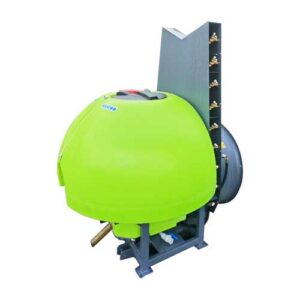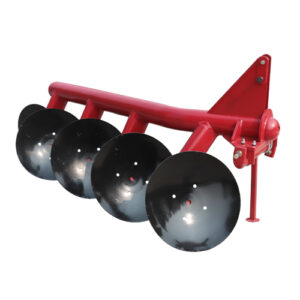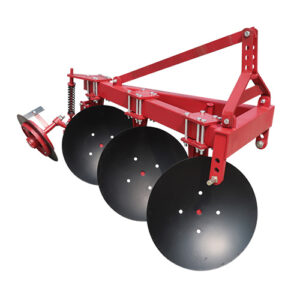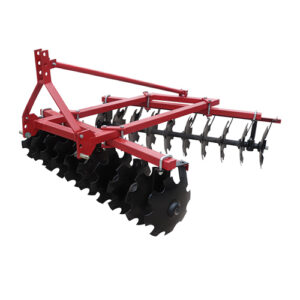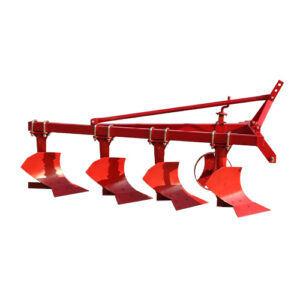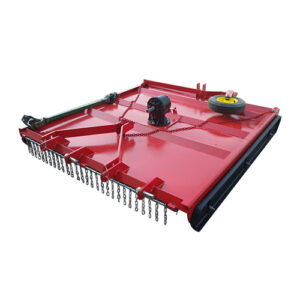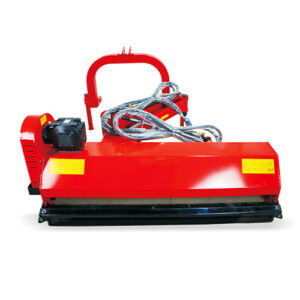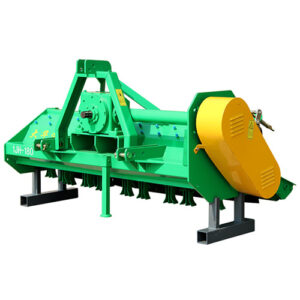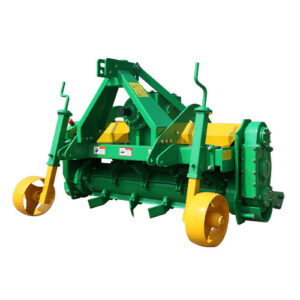Welcome to My Blog!
Before we dive into the content, I’d love for you to join me on my social media platforms where I share more insights, engage with the community, and post updates. Here’s how you can connect with me:
Facebook:https://www.facebook.com/profile.php?id=100092064188332
LinkedIn:https://www.linkedin.com/showcase/99315626/admin/dashboard/
YouTube:https:/www.youtube.com/@user-uy6lq2nu1z
Now, let’s get started on our journey together. I hope you find the content here insightful, engaging, and valuable.
Table of Contents
Introduction
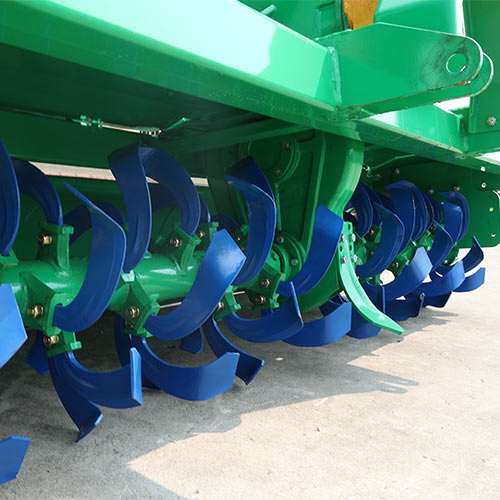
In modern agriculture, efficiency and productivity are paramount. Among the many tools farmers rely on, the tractor tiller has emerged as a cornerstone for soil preparation. This versatile equipment is designed to streamline tasks like plowing, cultivating, and preparing soil beds, making it an indispensable tool for both small and large-scale farming operations.
This comprehensive guide explores the role of the tractor tiller in modern agriculture, highlighting its importance, benefits, and various applications. Additionally, we will provide practical insights into choosing the right tractor tiller and offer answers to frequently asked questions.
What Is a Tractor Tiller?
Understanding Tractor Tillers
A tractor tiller is an attachment or implement mounted on a tractor, designed to break up and aerate soil. Equipped with rotating blades, the tiller churns the soil to prepare it for planting, ensuring better seed-to-soil contact and nutrient distribution.
Key Features of Tractor Tillers
- Durable blades crafted for penetrating hard or compacted soils
- Adjustable depth settings for customization to different crops and soil types
- Easy attachment for compatibility with standard tractor models
- Versatility for a variety of tasks, from tilling to weed control
Benefits of Using a Tractor Tiller
Improved Soil Health
Using a tractor tiller ensures the soil is well-aerated, promoting better water retention and root penetration. By breaking compacted soil, it enhances the availability of nutrients to crops.
Time and Labor Efficiency
Compared to manual tilling, a tractor tiller significantly reduces the time and physical effort required for soil preparation. Farmers can cover larger areas more efficiently, saving resources during peak planting seasons.
Versatility in Farming
From small gardens to expansive fields, tractor tillers can handle various scales of farming. They are also suitable for different soil types and terrains, making them adaptable to diverse agricultural needs.
Weed Control
Tilling with a tractor tiller helps disrupt weed growth by uprooting weeds and preventing their regrowth. This reduces dependency on herbicides and contributes to organic farming practices.
Cost-Effective Investment
Though tractor tillers require an initial investment, their durability and ability to enhance productivity make them a cost-effective solution in the long run.
Applications of Tractor Tillers in Modern Agriculture
Seedbed Preparation
A tractor tiller is commonly used to prepare seedbeds by loosening and leveling the soil. This ensures optimal conditions for planting and germination.
Soil Conditioning
For fields left fallow or with compacted soil, tractor tillers rejuvenate the land, making it arable for the next planting season.
Organic Farming Practices
Farmers engaged in organic farming often use tractor tillers for weed control and soil enrichment without relying on chemical inputs.
Landscaping and Gardening
Beyond traditional farming, tractor tillers are utilized in landscaping projects and large-scale gardening, where precision and efficiency are essential.
Post-Harvest Field Management
After harvest, tractor tillers are used to incorporate crop residues back into the soil, enriching it with organic matter for future crops.
Types of Tractor Tillers
To choose the right tractor tiller, it’s essential to understand the different types available.
| Type | Description | Best Use Case |
|---|---|---|
| Rotary Tiller | Rotates blades horizontally to churn soil effectively | General soil preparation |
| Flail Tiller | Uses flails for breaking hard or rocky soil | Rocky or compacted terrain |
| Offset Tiller | Operates at an angle to the tractor for wider coverage | Large-scale farming or orchards |
| Vertical Tiller | Blades operate vertically, reducing soil compaction | Soil conditioning and leveling |
| Power Tiller | Self-propelled and used for smaller areas | Small gardens or intensive farming |
Tips for Choosing the Right Tractor Tiller
Assess Your Farming Needs
Evaluate the size of your fields, soil type, and specific tasks to determine the best type of tractor tiller for your operations.
Check Compatibility
Ensure the tiller you choose is compatible with your tractor model. Pay attention to PTO (power take-off) requirements and attachment systems.
Focus on Durability
Opt for a tiller made from high-quality materials, as it will endure heavy usage and challenging terrains.
Maintenance and Support
Choose a brand that offers reliable customer support, easy access to spare parts, and clear maintenance guidelines.
Brand Recommendations
Brands like Caisu are known for their robust and versatile tractor tillers, making them a trusted choice among farmers globally.
Maintenance Tips for Tractor Tillers
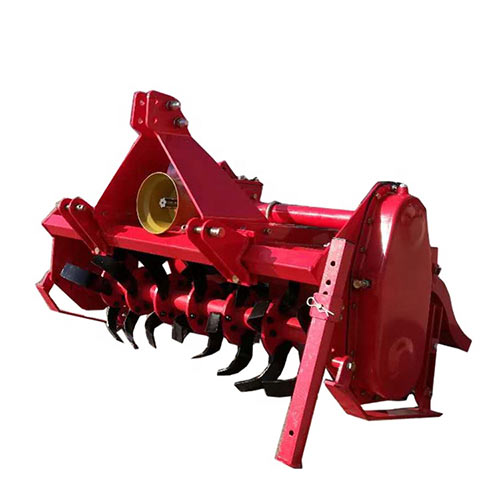
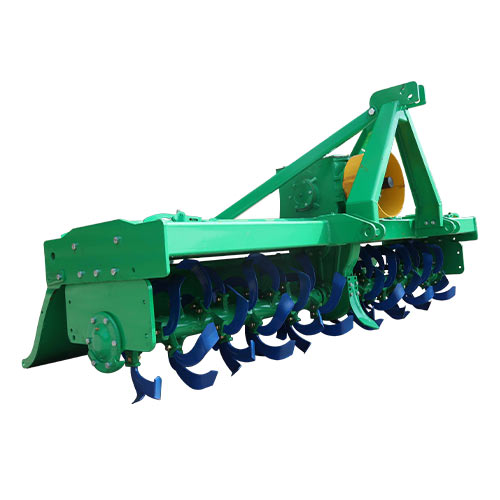
Regular Cleaning
After each use, clean the tiller blades and other components to prevent rust and debris buildup.
Lubrication
Ensure moving parts are well-lubricated to reduce wear and tear.
Blade Inspection
Check the blades for damage or dullness, and sharpen or replace them as needed.
Store Properly
Store your tractor tiller in a dry, covered space to protect it from weather elements.
Follow Manufacturer Guidelines
Refer to the user manual for maintenance schedules and specific care instructions.
Conclusion
The tractor tiller is an indispensable tool in modern agriculture, offering efficiency, versatility, and cost-effectiveness. Its ability to prepare soil, control weeds, and enhance productivity makes it a valuable investment for farmers. By understanding its applications and maintenance requirements, you can maximize the benefits of this equipment and contribute to more sustainable farming practices.
FAQ
What is the primary use of a rotary tiller for tractor?
A rotary tiller for tractor is primarily used for soil preparation, including loosening, aerating, and leveling the soil for planting.
Can tractor tillers be used for small-scale farming?
Yes, rotary tillers for tractor are available in various sizes, making them suitable for both small-scale and large-scale farming operations.
How often should I maintain my rotary tiller for tractor?
Routine maintenance, such as cleaning and lubrication, should be done after each use. Comprehensive checks should be conducted periodically.
Are tractor tillers compatible with all tractors?
Not all tractor tillers are universally compatible. Ensure the tiller matches your tractor’s power output and attachment system.
What are the advantages of using a rotary tiller for tractor?
Tractor tillers improve soil health, save time, reduce labor, control weeds, and are cost-effective for long-term use.


